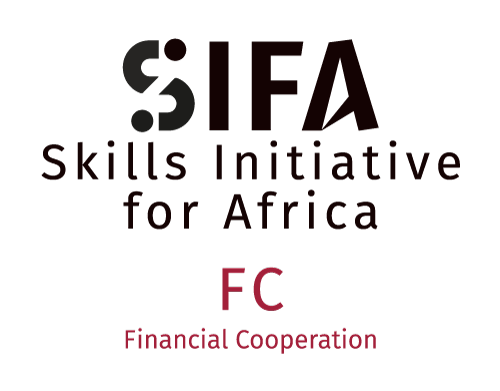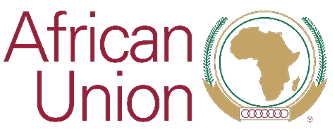Press Release
Launch of SIFA Funding Window I to Foster Youth Employment in Ethiopia
Venue: Ethiopian Skylight Hotel, Bole International Airport, Addis Ababa 1755
Dates: 10 and 11 July 2019
SIFA - Skills Initiative for Africa launches a program designed to address skills development and youth employment in Ethiopia.
Africa has a great potential of young workers. An estimated 15 to 20 million increasingly well-educated young people are expected to join the African workforce every year for the next three decades. But the growing level of youth unemployment also becomes a fundamental challenge to many countries. In fact, 60 % of all unemployed people in Africa are under the age of 25.
SIFA - Skills Initiative for Africa is an initiative of the African Union Commission (AUC) and the African Union Development Agency- NEPAD (AUDA-NEPAD) supported by the German Government to strengthen occupational prospects of young people in Africa. Under SIFA, AUDA-NEPAD and KfW support a Financing Facility for Skills Development to provide funding on a competitive basis for the implementation of innovative and sustainable skills development initiatives. The second pillar of SIFA is a technical assistance program supported by GIZ to strengthen private sector engagement. SIFA aims to foster the employment and entrepreneurship of youth, women and vulnerable groups including refugees, migrants and internally displaced persons, the disadvantaged and disabled.
The SIFA Financing Facility for Skills Development addresses the common challenges in skills development in Africa by upscaling and/or disseminating local best practices and supporting innovative and sustainable approaches.
Ethiopia has been selected as one of the eight participating countries in SIFA. The others are Cameroon, Ghana, Kenya, Nigeria, South Africa, Togo and Tunisia.
In Ethiopia a large number of university students graduate every year and become unemployed, contrary to their expectations. The lack of opportunities that these graduates are faced with, constitutes an obstacle to economically, socially and environmentally sustainable development.
One way of tackling youth unemployment in Ethiopia is investing heavily in vocational and technical education and training (TVET).
Most young people disregard TVET as they view it to be for low academic performers and lacking a clear framework of education advancement, therefore, leading to blue-collar jobs that are mostly menial. To change these social perspectives and unlock the potential of technical and vocational education in the country, the Ministry of Science and Higher Education (MOSHE) has embarked on TVET sub-sector reforms and frequent campaigns to turn around the potential learners’ perspectives.
Africa and global agencies such as UNESCO have all recognized TVET as a powerful tool for equipping young people with employment and entrepreneurship skills. The African Union Commission has developed a Continental TVET Strategy that provides a comprehensive framework for achieving this objective. The African Union’s Agenda 2063 also calls for a paradigm shift towards transformative education and training systems that develop the knowledge, skills, research, innovation and creativity needed to secure the future of young people and Africa as a whole.
The SIFA Financing Facility is launching a call for proposals under Funding Window I for large skills development investment projects proposed by Ethiopian TVET entities in partnership with private sector companies. The Grant amount per project under this Funding Window is up to EUR 3 million.
Funding Window I can fund a combination of the following 5 technical and didactical interventions:
procurement of training equipment,
construction, rehabilitation or expansion of learning infrastructure. However the activities below can be funded only in combination with both or either of the above activities and only 5% can be spent for:
- training of trainers,
- curriculum design,
- learner scholarships 5 % of the total project cost can be spent.
For more details and your application log on to www.SkillsAfrica.org




